14+ Sample Vision Roadmaps
-
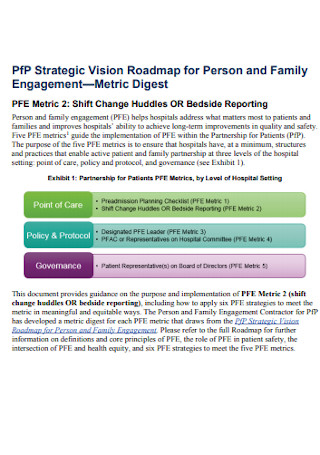
Sample Strategic Vision Roadmap for Person
download now -
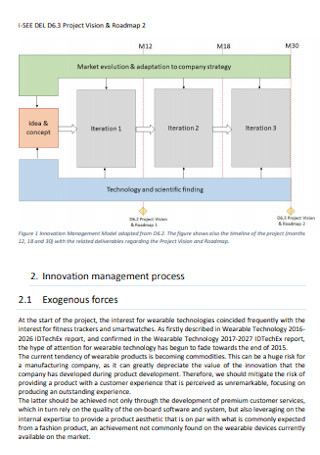
Project Vision Roadmap
download now -
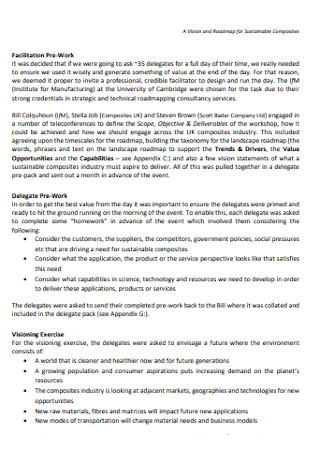
Vision and Roadmap for Sustainable Composites
download now -
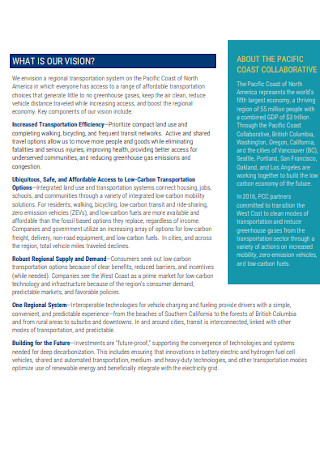
Simple Vision Roadmap Template
download now -
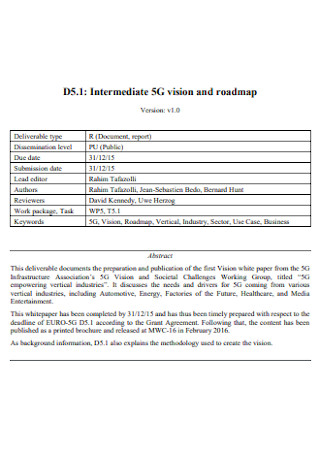
Intermediate 5G Vision and Roadmap
download now -
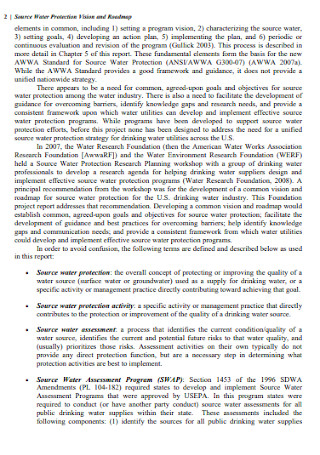
Water Protection Vision and Roadmap
download now -
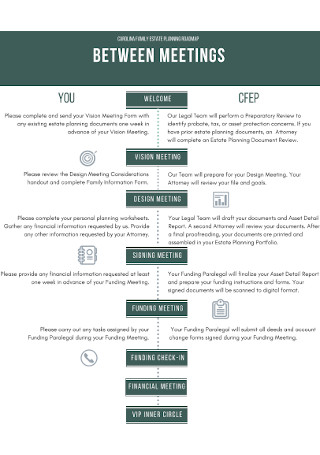
Family Vision Planning Roadmap
download now -
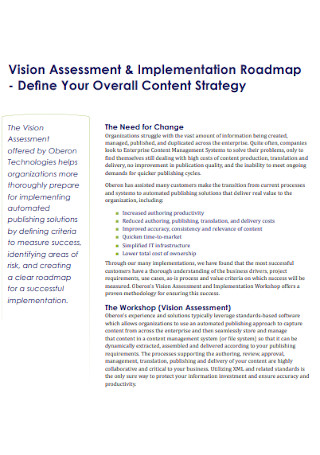
Vision Implementation Roadmap
download now -
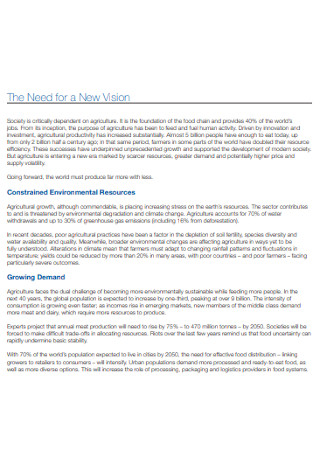
Vision Roadmap for Stakeholder Template
download now -
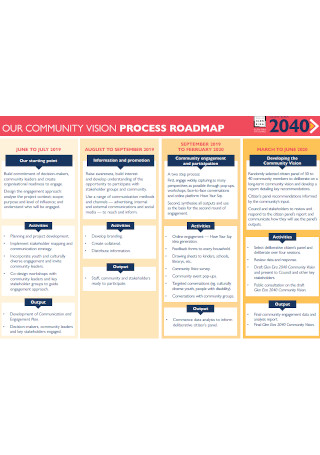
Sample Community Vision Roadmap Template
download now -
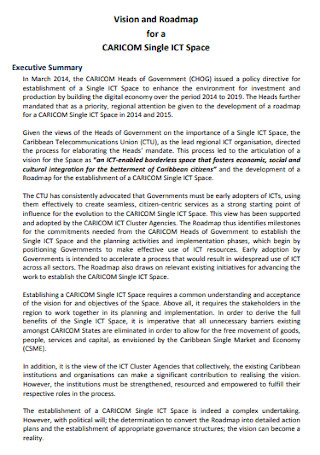
Basic Vision and Roadmap
download now -
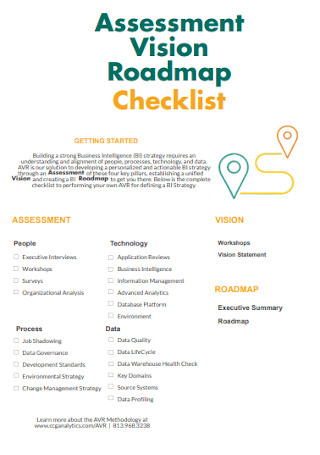
Assessment Vision Roadmap Checklist
download now -
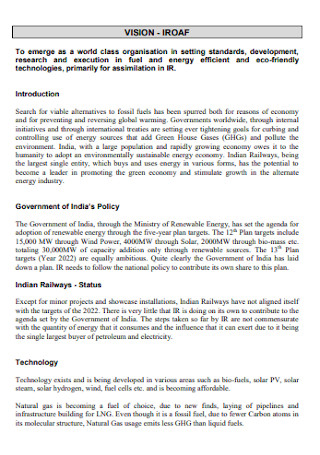
Standard Vision Roadmap Template
download now -
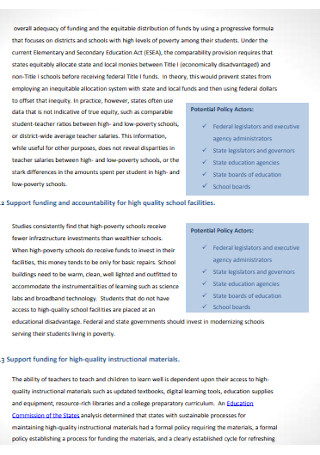
Vision Roadmap Format
download now -
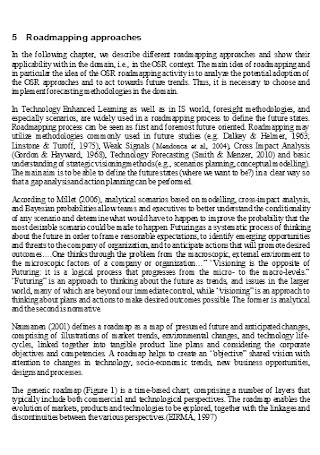
Printable Vision Roadmap
download now
FREE Vision Roadmap s to Download
14+ Sample Vision Roadmaps
What is a Vision Roadmap?
Vision Roadmap Examples
Different Types of Roadmaps
How to Design a Vision Roadmap
FAQs
How to create a strategic roadmap?
What is the difference between visioning and planning?
What are some examples of vision roadmaps?
Why a roadmap is important?
What are the different types of roadmaps?
What is a Vision Roadmap?
A vision roadmap is a visual representation and planning tool used by agile teams and project leaders in defining how to achieve their vision or main goal and objective by defining the individual steps, priorities, and timelines to attain the goals. Being one of the crucial project planning tools, it outlines the major tasks that must be carried out and clarifies the key roles and responsibilities of the stakeholders. Also, this roadmap guides everyone on the team to be at the same pace, allowing the team members to be informed on what they need to do to maintain coordination and harmony as they work towards realizing their vision.
According to a 2022 statistical report published by Issuu, 80% of marketers found agile useful as a management tool, and 92% of marketing teams in various companies that are using agile state that they are confident when handling unexpected work face-to-face or remotely. Many project managers and team leaders in marketing and other fields and industries use vision roadmaps while performing agile to quickly innovate solutions and work in small and consumable increments. All kinds of project managers, product managers, marketing specialists, software developers, and other team leaders should effectively create an efficient and strategic vision roadmap.
Vision Roadmap Examples
Creating a clear vision guides you in imagining how your initial thought will become in the future. Developing a strategic roadmap is an integral method to lay down the foundation and steps of a comprehensive plan to realize your vision. In order to help you do your best in your project planning and implementation, you must familiarize yourself with common vision roadmap examples and get some inspiration when you build your own vision roadmap for your future project.
1. Project Vision Roadmap
A project vision roadmap is a simple graphical overview of a project that demonstrates top-level goals and deliverables on a timeline to provide a macro perspective of the project. As an important aspect of the project management plans, project managers use project vision roadmaps to communicate the strategic objectives of their project to stakeholders, to start off a project, to keep the team members safe from stakeholder interference, to create foundations for the project plan, and to stay on track with their project’s progress. It typically consists of project scope, deliverables, project schedule, project milestones, and risks.
2. Agile Product Vision Roadmap
Construct an agile product vision roadmap by specifying outcome-based metrics and using strategic themes to depict how your product will transform over time to understand your product vision. Whether you are developing a device, software application, service, system, or a combination of these products, design an accessible product roadmap that will illustrate how you intend to provide efficient solutions to your customers. As a decision-making framework for product managers and product developers, it acts as a communication and collaboration tool to unite everyone toward shared outcomes.
3. Assessment Vision Roadmap Checklist
Make an assessment vision roadmap checklist to align people, data, processes, and technology when it comes to building an actionable and personalized business intelligence strategy and business roadmap. It is a beneficial document to establish a unified vision and create a well-coordinated roadmap. Add some main categories, checkboxes, and details of the assessment such as executive interviews, surveys, workshops, organizational analysis, application reviews, business intelligence, information management, database platform, job shadowing, development standards, environmental strategy, change management strategy, and many others.
4. 3-Year Company Vision Roadmap
As a business owner, what do you sell and who do you sell it to? What are you trying to build or what is your vision for your company? A 3-year company vision roadmap is a graphical overview that paints a clear picture of what your business will look like 3 years from now. When creating this roadmap, observe from the day-to-day of running your business and be specific about what you are building with it. With the help of someone else like a coach or mentor, block out some time on your calendar and write down your stretch goals or everything you want for your business like how many customers, employees, revenue, free, and products you are selling.
Different Types of Roadmaps
Vision Road mapping is a collaborative process that requires engagement and involvement with your project management team, real users, software developers, testers, and business partners such as marketing, sales, customer service teams, and other departments. Also, creating a project roadmap is not a one-time-only event because it needs to be planned, reviewed, and revised over and over again.
How to Design a Vision Roadmap
Project managers and their teams use vision roadmaps to showcase key milestones to easily measure progress toward the completion of the project. There are essential steps that you need to think about thoroughly while designing an engaging and impressive vision roadmap while using the best product roadmap templates.
Step 1: State the Main Goals and Priorities
Come up with a list of goals and priorities you want to attain for your business, project, or product launch. Write them down and it should be idealistic. Then, consider the main goals you want to reach based on your vision. For example, indicate the number of customers, revenue, and products you are planning to launch and sell to your target market.
Step 2: Be Realistic and Check the Resources
After defining your main goals and priorities in realizing your vision, be realistic as you carefully check and examine the resources you will need to achieve your vision. Evaluate them if they are enough for you and your team to accomplish your goals and objectives. Consider KPIs while checking the resources.
Step 3: Use a SWOT Analysis
Decide which initiatives you want to tackle first. You can do this by using a SWOT (Strengths, Weaknesses, Opportunities, and Threats) analysis or a SWOT analysis worksheet. It is an essential framework to analyze the competitive position and current performance of the company and to create strategic planning. So, assess the internal and external factors and the current and future potential of your business, project, or product.
Step 4: Construct the Strategy Roadmap
Collect all the critical information and record all the main points in an official document. Then, consider simplifying the vision road mapping process to help the stakeholders comprehend. Also, tell them why the change is required and how the vision roadmap guides them in envisioning the impending process.
Step 5: Proofread and Finalize the Vision Roadmap
Review your overall vision roadmap and make sure that you fully integrate all the fundamental points to your vision roadmap. Ask your team members for their feedback evaluation and opinions on the appearance and content of the vision roadmap. Proofread, edit and revise the vision roadmap if necessary.
FAQs
When creating a strategic roadmap, you need to find out the change you want to achieve as you consider the obstacles that stand in your way of reaching the vision. Set short-term objectives and develop long-term strategic plans. Check your resources as you consider relevant KPIs while addressing your staff, finances, time, technology, and many others and whether they are sufficient to accomplish your strategic goals. Then, plan how you will obtain any fundamental resources. Next, develop the initiatives by grouping actions and breaking them down into smaller action items. Now you can create a strategy roadmap while simplifying the road mapping process and demonstrating the specific changes that must be made.
Visioning is a method to help you clarify and figure out your vision, why you want to work, and where you want to be. It guides the project managers and team leaders to understand what they want to achieve. Planning is an effective way to accomplish your goals, objectives, and desired outcomes while developing a step-by-step approach to attaining them. Simply, visioning is about defining a new destination while planning is about designing how to get there.
Some examples of vision roadmaps are project vision roadmaps, family vision planning roadmaps, assessment vision roadmap checklists, 3-year company vision roadmaps, and product strategy vision roadmaps.
A roadmap is an important planning tool for project managers and team leaders to provide their teams with a clear and defined strategic overview and help everyone maintain coordination and unity. As a single reference point, it makes sure that everyone on the team shares a similar awareness of the goals. It enables the team and other stakeholders to determine their current position within the development of their project.
The different types of roadmaps are market and strategy roadmaps, vision roadmaps, technology roadmaps, platform roadmaps, and product roadmaps. Market and strategy roadmaps help marketing specialists to determine which markets they will be going after and how to carefully develop their product business plans. Vision roadmaps display a clear picture of trends in the industry and society. Technology roadmaps portray what trends are taking place in the whole technology industry and help the managers map out the development and launch of their company products. Platform roadmaps are used to show what will occur in the platform software of a company. Product roadmaps are utilized to reveal the time of product release and the features included.
How to create a strategic roadmap?
What is the difference between visioning and planning?
What are some examples of vision roadmaps?
Why a roadmap is important?
What are the different types of roadmaps?
Design a well-structured vision roadmap to achieve your goals with your project team or product development team. When structuring an effective vision roadmap, it is fundamental to have a solid determination while defining your goals, setting monthly objectives, indicating the KPIs, dividing the monthly objectives into different steps, and splitting the weekly steps into different tasks properly. Thus, we have included vision roadmap samples, agile product vision roadmap examples, business strategy vision templates, product development roadmap samples, and IT software project roadmap templates that you can easily download and use for your project management work or product development work.
